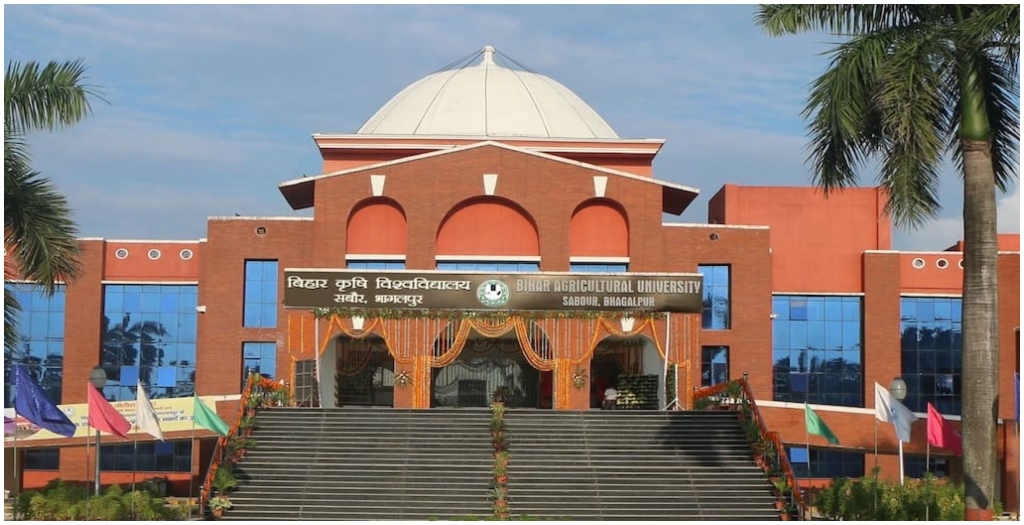
Sabour: Bihar Agricultural University, Sabour, will kick off a week-long environmental programme on June 5, 2025, in alignment with World Environment Day. The initiative, organised by the university’s Nature Club, focuses on the global theme “Ending Global Plastic Pollution,” and is titled Zero Plastic for Effective Environment – More Plants.
The programme will be inaugurated at 11 am in the university’s Mini Auditorium, with the Vice Chancellor presiding over the session and the Forest Division Officer of Bhagalpur, Shweta Kumari, attending as chief guest.
Spanning from June 5 to June 11, the week-long workshop includes a series of action-driven events such as plastic and Parthenium weed elimination drives, and plantation efforts in remote villages. The campaign aims not only to raise awareness but also to foster grassroots-level action as part of the national Developed India Sankalp-2047 initiative.
The Nature Club, founded on June 5, 2023, has quickly become an active force within the university, engaging students and faculty in sustainability and environmental protection. Over the past year, the club has organised multiple competitions, seminars and community outreach events aimed at biodiversity conservation and pollution control.
This year’s drive intends to reach a wider network of villages and has called for participation from students, faculty, volunteers, environmentalists and local leaders to collectively contribute to long-term ecological resilience.
In addition to the environmental workshop, the university will host another programme on June 5 titled Sindoor Shakti Symbolism, set to begin at 4 pm. The symbolic plantation event, presided over by Vice Chancellor D.R. Singh with District Magistrate Kumari Rajni as chief guest, will see female staff members plant sindoor saplings. The plantation will take place behind the Central Library, in a section to be developed as “Dye Park”, symbolically honouring the feminine force through flora.
Both events reflect the university’s commitment to combining environmental science with cultural consciousness, demonstrating how educational institutions can serve as hubs for local and national ecological action.





